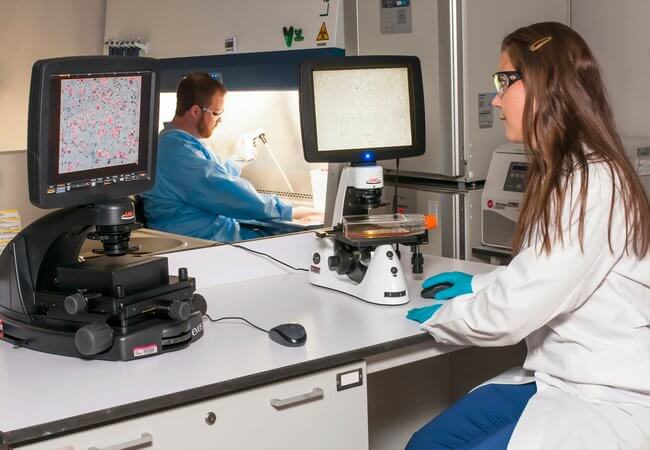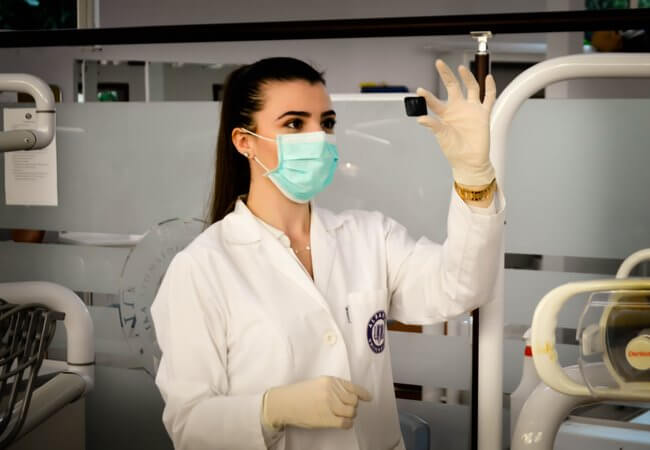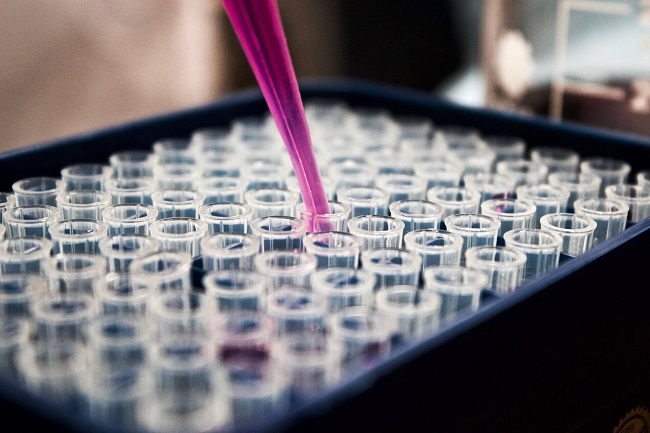Since the outbreak of the coronavirus pandemic earlier this year, businesses and industries around the world have had to change the way they operate seemingly overnight. Supply chains have been affected, marketing strategies have been altered and the very way that people work has been forced to change. In regards to this, the impact of coronavirus on medtech industry operations has arguably been the most emphatic.
No industry has gone untouched as the world deals with the current coronavirus pandemic but the strain that has been put on MedTech is almost unparalleled. The demand for medical devices, especially in relation to respiratory protection products like face masks and ventilators saw a dramatic rise within a matter of days alone.
MedTech companies find themselves in the position of both having to help detect the virus and associated symptoms as well as supplying frontline healthcare workers with the equipment needed to fight it, all while global supply chains are struggling. How MedTech companies are responding to the effects of coronavirus changes on a daily basis as they are constantly having to adapt to an ever changing landscape in which supply chains are down, face-to-face interactions are impossible, and all other medical initiatives are essentially on hold for the moment.
So let’s take a look at how MedTech companies are responding to the effects of coronavirus given the current circumstances, as well as how the entire industry might be affected as a result of this.

How is the Medtech Industry Being Affected?
As the number and rate of infections was spreading around the world, healthcare systems and operations needed to redirect and reallocate a substantial amount of resources in order to offer effective COVID-19 response efforts. As previously mentioned, the demand for products like surgical masks rose substantially but as medical device companies are being affected by supply chain disruptions and social distancing measures, finding ways to cope with a pandemic of this magnitude impacted every single part of the production industry.
To combat this, many medtech leaders and companies have had to find alternate ways to operate. They have had to venture outside their normal sector to continue operating at the level required as well as find innovative and creative solutions to cope with the level of increased capacity. Many have forged partnerships with companies outside the sector they work in to achieve this and meet the substantially larger levels of demand for equipment such as protective masks than was previously the case.
The global nature of COVID-19 has also affected the way the MedTech industry functions. As every country reacted differently to the outbreak, so too did the MedTech companies. With variations in healthcare systems, government responses, such as quarantine and lockdown levels, and the legal parameters of each country, companies needed to localize their response and approach to specific areas. As the virus hit different countries with differing levels of severity, companies had to customize their responses as one lone approach to dealing with this pandemic would cause more problems than it would solve.

The Medtech Companies Responding To COVID-19
Observing how MedTech companies are responding to the effects of Coronavirus illustrates the speed and individualized nature with which they had to operate. Some of the ways that dominant industry figures have reacted and responded to the outbreak include:
Boston Scientific: They have donated $2M in supplies to many hospitals, including personal protective equipment in order to meet the urgent needs of health care workers. As well as this, Boston Scientific is now collaborating with the University of Minnesota Bakken Medical Device Center to create ventilator alternatives and reusable personal respirators for wide scale use. Here, Boston Scientific represents how many in the MedTech industry have had to pivot and recalibrate their focus away from what they might previously have been working on, instead now focusing on what is needed the most the world over.
Johnson & Johnson: A truly global institution, J&J has set up $50M for COVID-19 response efforts, with the majority of the money set to focus on helping frontline health workers and those in the direct line of the virus. They have donated products throughout China, Italy, and South Korea including over $3.7M in personal protective equipment like goggles, protective suits and masks in a monumental outreach program.
Cook Medical: The company has responded to the COVID-19 outbreak in an incredibly effective manner. Through increasing manufacturing levels by a quarter, they have helped to support the incredibly high demand for critical care products used in ICUs. They have also donated personal protective equipment to health care providers and provided hand sanitizer for local communities emphasizing the incredible importance of community outreach at the present time.
Stryker: Similarly to others listed, Stryker has increased their production of hygiene, disinfecting and surgical protection products, as well as hospital beds, stretchers, and defibrillators. By shifting the focus of their manufacturing priorities it reinforces the company’s global dedication to helping customers no matter how the current situation might be affecting the way they can do this. Additionally, Stryker developed a low-cost, limited-release emergency response bed to quickly aid healthcare providers with efficient care during the COVID-19 pandemic, further enhancing their reputation as a trusted and effective MedTech company
The Future of MedTech
The impact of Coronavirus on Medtech industry operations is likely to lead to long lasting changes. Whether it’s the rapid rate at which production levels have to increase, the implementation of digital technologies such as the internet of medical things or the localized nature of market approach, the MedTech industry will probably never function in the same manner again.
However, while the current situation may seem difficult and problematic, the industry has shown itself to be more than adequate when it comes to innovating and finding solutions to unforeseen problems. In turn, once the full impact of this has been realized and the world slowly returns to one that is more familiar, we will be in a much better place in regards to future planning. The innovations and successful approaches formed by the industry now, will form an industry able to deal with similar situations in a much more manageable way.
Final Thoughts
While this crisis will necessitate tough operational choices for all companies involved, this is a time for everyone in MedTech to live their values and demonstrate their worth and importance to all. Those who are innovative, inventive and forward-thinking will create new products, new forms of delivering them and new ways to offer improved services to support healthcare organizations and patients alike. The future is being formed now and those who find effective ways to deliver successful treatments, provide products to those in need and be there for those who need it most will set themselves up as industry leaders for many years to come.





Tell us your thoughts in the comments